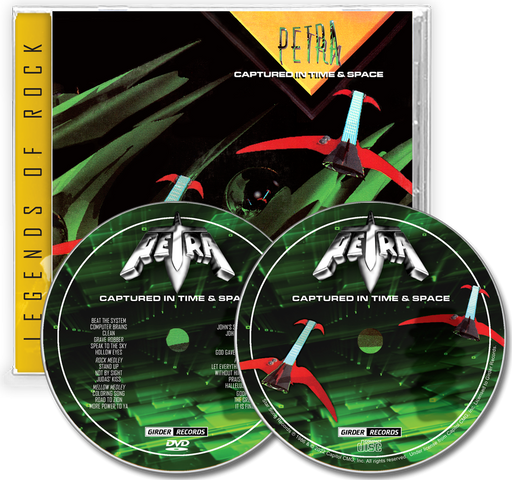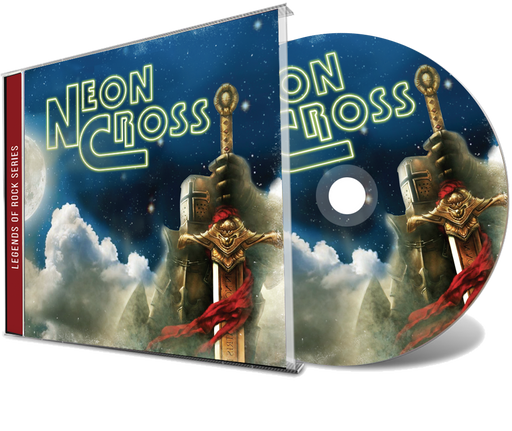Randy Stonehill - Equator (Vinyl)
- Pre-owned Vinyl in VG condition.
- 1983 Word
- Contains the original inner lyric sleeve.
By the early 1980s, CCM had gone from a fringe movement within West Coast charismatics to a viable career for musicians based in L.A., Nashville, or elsewhere. The money was always tight, so not much CCM from the early 80s is recorded or mixed as well as its better-funded secular counterparts, so the music had to be carried by lyrical thoughtfulness or personal goodwill, both of which Randy Stonehill was well prepared to deliver. His music had already evolved from his Randy Newman/James Taylor singer-songwriter beginnings to embrace Eagles-style country rock while working with Larry Norman's Solid Rock entourage throughout the 1970s, and after a decade toiling in an unpopular field, Stonehill was ready for a radio-friendly career.
Fellow Solid Rock alumnus Terry Scott Taylor had moved from country rock through an ELO/Queen phase straight into New Wave by the early 80s, and "Equator," one of Stonehill's Taylor-produced albums, shows Cars/Devo influences in full force, especially on the zanier songs. Stonehill's novelty side always sat uneasily alongside his heartfelt ballads, and Equator, more than any of his other albums, tests the listener's willingness to swing from the silly to the poignant in alternating songs. As with most musicians, the novelty tracks (Big Ideas, American Fast Food, Cosmetic Fixation) don't hold up as well thirty years later as the serious ones ("China", the apocalyptic "World Without Pain," his signature "Turning Thirty," and so on). The Carribean-infected call/response song "Shut De Do" still sounds great simply because its acapella arrangement leaves no room for dated instrumental choices. Gym Nicholson's proto-U2 feedback guitar solo on "China" still sounds terrific too.
Within the broad umbrella of CCM, Stonehill always fell more under "Christian who sings about life" rather than under "Christian who sings about God." Equator tackles obesity, pollution, vanity, aging, and broken relationships, with only an occasional reference to "Him" and "You," (and on one occasion, a nod to his own phrase "The King of Hearts") readily parsed by his Christian audience as "God." At a time when most Christian music dealt in platitudes rather than the challenges of reality, Stonehill's topic selection (like that of his then-estranged mentor Larry Norman) challenged the church and paved the way for the socially aware likes of Steve Taylor, DC Talk, and Todd Agnew.
Stonehill had better sounding albums before (e.g. "Get Me Out of Hollywood") and after (e.g. "Return to Paradise," "The Lazarus Heart") this one, but "Equator" captures the diversity of Stonehill's musical and lyrical ambitions better than any other.






